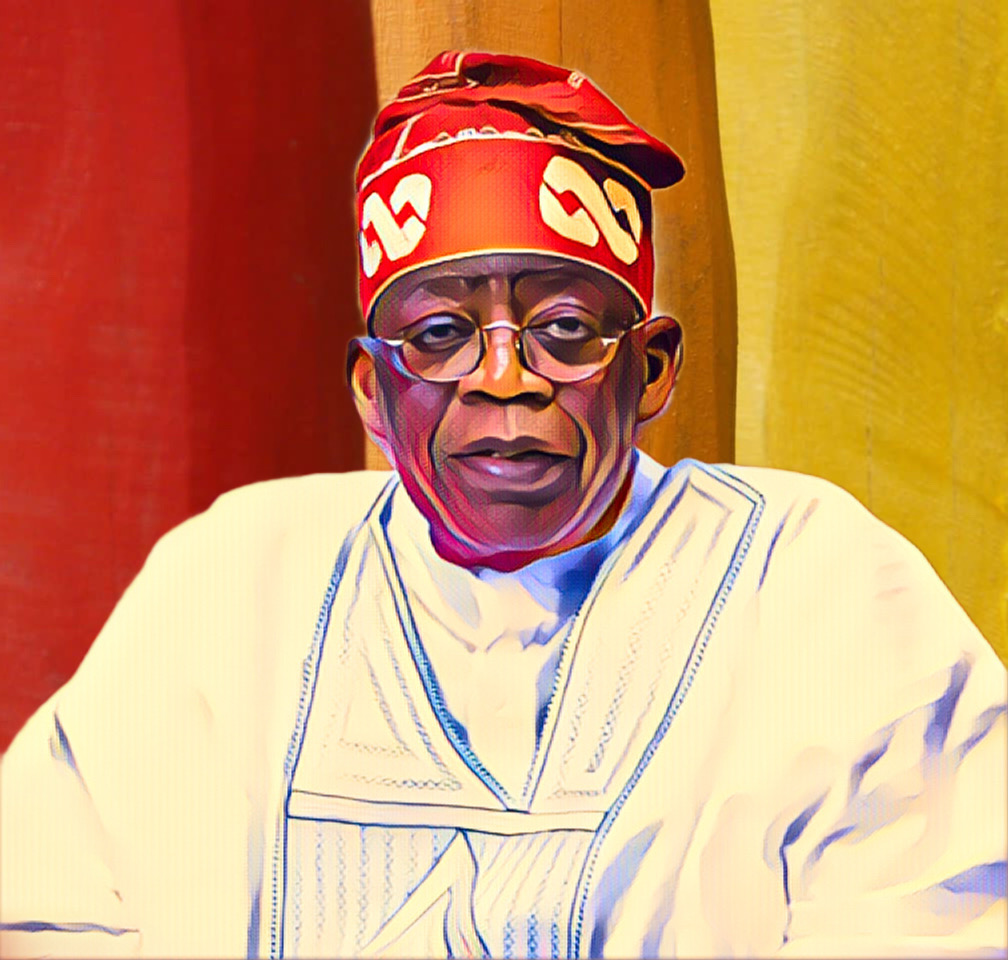KEY POINTS
- Tinubu 2027 election plans remain firm despite opposition coalition talks.
- APC claims Tinubu is focused on governance, not political distractions.
- Talks between Obasanjo, Kwankwaso, and Obi may shift Nigeria’s political landscape.
The All Progressives Congress (APC) has dismissed any notion that President Bola Tinubu feels threatened by talks between former President Olusegun Obasanjo, former Kano State GovernorRabiu Kwankwaso, and Labour Party’s Peter Obi concerning the 2027 presidential election.
According to the Punch news, the party remains confident in Tinubu’s leadership and his ability to win future elections. The spokesperson emphasized that Tinubu’s focus is on governance and delivering on his campaign promises, not political maneuvers or speculative alliances.
This statement comes amid reports of meetings between Obasanjo, Kwankwaso, and Obi, allegedly aimed at forming a united front for the 2027 elections. However, the APC maintains that these discussions have no bearing on Tinubu’s plans, stating that “President Tinubu is focused on governance, and no backroom political deals will distract him.”
The announcement is seen as an attempt to reassure supporters of Tinubu’s strong position ahead of Nigeria’s next general election. The APC continues to frame Tinubu as a leader who prioritizes the country’s development over political calculations.
How APC views the Obasanjo, Kwankwaso, and Obi coalition talks
The reported meetings between Obasanjo, Kwankwaso, and Obi have sparked conversations about a potential political alliance aimed at challenging Bola Tinubu in the 2027 election. However, the APC has described these discussions as “political theater” with no substantial threat to the party’s dominance.
According to APC, alliances are a normal part of Nigeria’s political landscape, especially in the lead-up to elections. The party maintains that Tinubu’s popularity and performance in office will be enough to secure a second term. “Rather than chasing political alliances, Tinubu is focused on achieving tangible results for Nigerians,” said the spokesperson.
Political analysts have noted that while a coalition of heavyweights like Obasanjo, Kwankwaso, and Obi could pose a challenge, the APC’s stronghold on Nigeria’s political machinery remains formidable. Previous attempts at similar coalitions have often been short-lived or failed to deliver electoral victories.
The APC’s confidence reflects the belief that Tinubu’s incumbency advantage will keep him ahead of any emerging opposition. With state resources and access to government programs, incumbents in Nigerian elections typically have the upper hand.
What Tinubu’s stance on 2027 talks means for Nigerian politics
The stance of Tinubu and the APC on the 2027 election reflects Nigeria’s evolving political landscape. While Obasanjo, Kwankwaso, and Obi hold considerable political influence, the APC remains optimistic about its control over the country’s political direction.
Experts believe that if a formal opposition coalition is established, it could reshape Nigeria’s two-party dominance. However, APC insiders argue that such coalitions are often fragile due to conflicting personal and regional interests. For Tinubu, maintaining focus on governance while delivering economic and social reforms could reinforce his popularity and minimize the impact of opposition alliances.
The reported coalition talks have also revived discussions about the role of elder statesmen like Olusegun Obasanjo in shaping Nigeria’s political future. Obasanjo has played a critical role in past elections, including endorsing candidates from opposition parties. His alignment with Kwankwaso and Obi raises questions about the unity of Nigeria’s opposition forces.
For now, APC’s message is clear: Tinubu remains focused on governance, and the party believes its performance will speak louder than any opposition coalition. As the 2027 elections draw closer, the political landscape will likely shift, but the APC insists it is ready for any challenge that may come its way.


